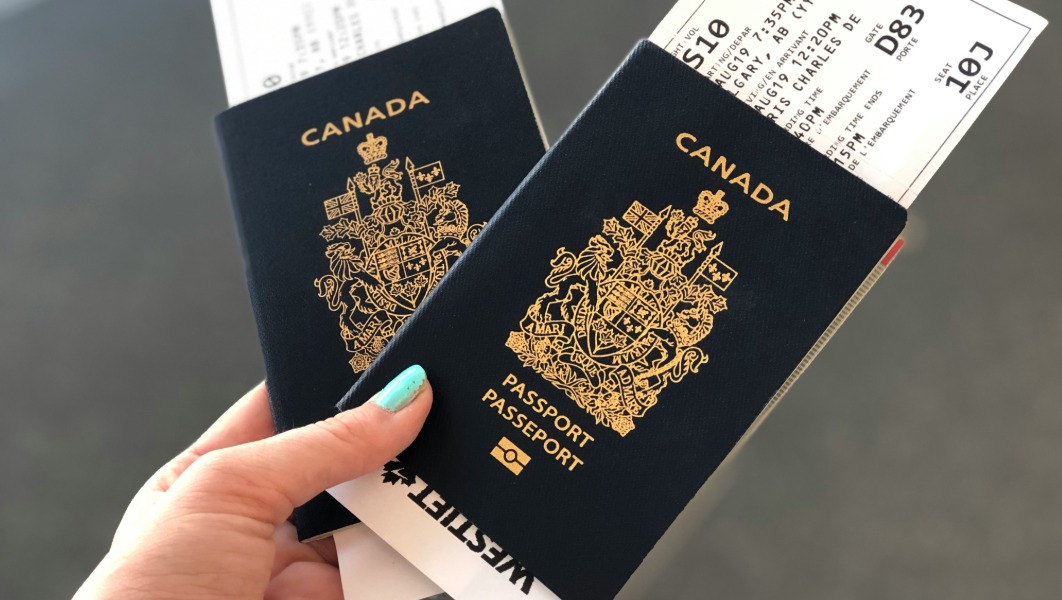ATPCO Committed To Transformation

ATPCO is committing to build the framework needed for the industry to get to 80% of all airline offers being dynamically created by 2026.
The announcement – made at its annual Elevate conference in Washington, D.C. — comes at a time when the company is handling fare and rule volumes larger than ever before, with more than 306 million active fares in the market and over 12 million fare changes each day for over 400 airlines in its current system.
It unveiled its Board-approved roadmap for new standards and several innovative solutions the organization is developing to ensure the 80% industry goal is achieved while also supporting the ecosystem transformation required to get there.
ATPCO President and Chief Executive Officer Alex Zoghlin and Chief Strategy Officer Tom Gregorson jointly unveiled the plan to an audience of more than 400 airline executives at the Elevate conference.
During the presentation, Zoghlin made it clear that “significant transformation and innovation is required” and that “ATPCO is uniquely up to that challenge.”
Zoghlin explained that: “We envision a future where the industry fundamentally moves from a limited number of offer types found through a search for the lowest fare to merchandising or attribute-based searches that unlock the ability for an unlimited set of diverse and customized offers. That is the foundation of flight shopping for the future.”
And he continued: “ATPCO will drive the industry forward by leveraging and transforming our current content and technology, facilitating new content, and evolving our standards. This means enhancing our industry governance processes and competencies along the journey to propel the industry forward.”
This is the first time in ATPCO’s history that its overarching goal hinges on the outcome achieved by the industry.
Said Zoghlin: “Our success is based on industry success, and whether the industry hits 80% by 2026.”
One of the solutions ATPCO is working on to enable the industry to process dynamic offers is airline order posting. A big challenge that exists with implementing dynamic offer creation at scale is the need to service and settle offers that don’t go through the traditional fare filing process.
ATPCO’s solution will allow dynamically created orders (after the sale) to be integrated into the same ATPCO datasets that are used for servicing and settlement today. Removing this friction allows airlines to offer more dynamically created offers without the concern that it will create manual or costly workarounds to service and settle. It’s a solution that will bring the industry closer to the 80% goal.
Airline order posting makes it possible to send the order (and shopping output message) to ATPCO, which transforms the data into the current data formats using existing servicing and settlement rules. This data is then distributed to any downline systems that an airline uses to support their reissues, refunds, or passenger revenue accounting processes.
At Elevate, Tom Gregorson noted that “this is a big deal for every party involved.”
Gregorson continued: “What’s the point of a fantastic, customized offer for the traveller if that traveller can’t be helped when they need to change or cancel their ticket? Airline order posting solves this problem without creating any new systems.”
He explained that this solution saves the industry from having to invest in building new systems that would have delayed the implementation of dynamic offers by the industry.
Said Gregorson: “Airline order posting not only solves that problem but also decreases the number of fares which all systems need to process, that airlines need to change on a daily basis, in the hopes they get sold. This way airlines are filing and ATPCO is sending only the fares that were actually sold, which is more efficient and economical for everyone.”
ATPCO also announced that it is providing its NDC Exchange source code to the industry at no cost. This is an important step in making its foundational code available to the whole industry.
“We win when you win, and this is a big win for the industry,” Zoghlin stated.
The implementation of NDC across the industry has been hindered for years by adoption barriers such as NDC transactions being inherently complex and not covering the complete scope of airline products and industry workflows that exist in the traditional models.
These barriers have necessitated significant know-how and effort to develop and maintain interactions across multiple organizations. The effort to improve airline offer distribution complements what ATPCO is already doing by using existing standards and ensuring data automatically works in all systems and structures without any fundamental changes.
ATPCO is taking this expertise to create a community that can work better together to identify the next set of industry reference implementations that may leverage the NDC Exchange source code to accelerate NDC adoption. The global adoption of NDC is important because it will allow each airline to create their own dynamic customer offers and make them available on any and all channels where they wish to participate.
Enabling dynamic offers at scale will change flight shopping by providing the seller and traveler more value than ever before. Data has shown that travellers expect this level of information in flight shopping, in line with how they shop for other fares and goods across the internet.? When presented with customized offers, consumers have better experiences, generate more loyalty, and possibly choose higher yielding products to meet their needs.
Together, airline offer posting and open source NDC Exchange will support ATPCO’s goal to move the industry into the future of dynamic offer creation by 2026. More information will be shared in the coming months about other new initiatives that will also bring the industry closer to this goal.
Go to www.atpco.net for more.


